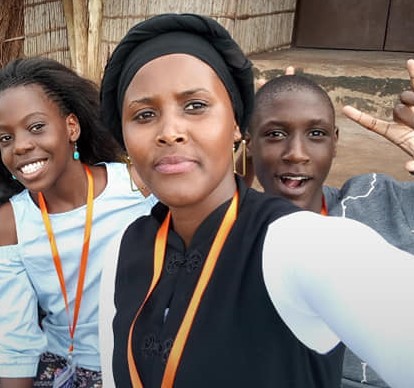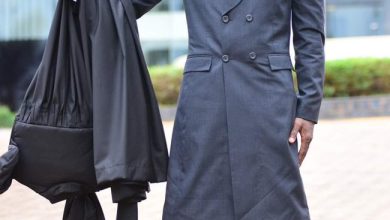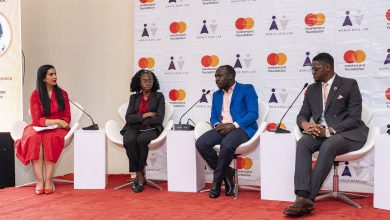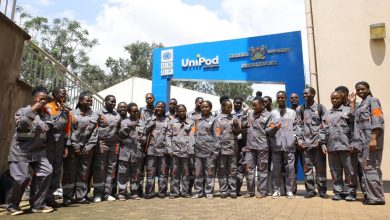
Meet Shamin Nilere, striving to equip young people with skills needed for the 21st century
An experience 15 years ago, with her nephew convinced Shamin Nilere, that the future lay in something related to education or being a trainer of sorts.
“I was trying to help my nephew do homework and when I told him the answer to a question, he said he did not trust me. He said he would ask his teacher,” Nilere told Youth Blitz.
Now 30 years of age, Nilere says so far, she does not regret her choice but after graduating university she realized that our education system in Uganda (and Africa) was deeply flawed.
“It places emphasis on passing theoretical examinations over acquiring practical skills and does not nurture individual skills of learners,” she said.
In 2015, fresh out of university, Nilere set about changing this and founded Izere Education, an organization whose major aim is to impart skills and knowledge which may not often be acquired through the conventional education.
“When I finished university, I got an opportunity to work as a teacher trainer in one of the neighbouring countries. I realized that the problems of education sector were the same. There were teachers who were not inspired, who were not motivated, poverty and all that. Our challenges in education are the same. I realized that we need to do so much to improve education. Education is a leveler,” she said.
She says today’s world needs a special set of skills which children in low-income countries or communities are not getting.
“Our children spend 20 years in the education system and yet when they get out of university, we tell them they are not employable, they are not skilled but it is not their fault. This is unfair.”
She says at Izere Education, they equip young people with skills of the 21st century, digital skills knowledge like programming and coding, knowledge about the digital world, global issues like SDGs.
“They are solution solvers. We teach them communication, creativity, critical thinking and collaboration. We teach character development. It is not about skills but also the character. In the world of competition where everybody is skilled, what will make you stand out? Your integrity will, your communication skills will,” she said.
Currently, Izere has set up spaces in communities where disadvantaged young people come to interact and get some skills in photography, coding and programming. The spaces are set up in low-income communities in urban areas like slums.
Nilere says it is everyone’s responsibility to ensure that today’s young people are equipped with special skills to be able to navigate this dynamic world.
“I call upon all of us to be educators. We all go to work and see how things are changing around us. Ask yourself which skills does your child need? If your school can’t provide them then try to teach the kids. Government is trying to do change the curriculum, reducing on assessment exams. This is good but I think we should not wait for government to do this,” she said.
So far, she says Izere Education has registered some successes which she is proud of.
The organization has developed a programme called ‘solution thinkers programme’ where children are taught how to think through problems and how to solve them.
She said: “We have seen children come up with solutions and it has challenged their minds. We question them, ‘can you see the evidence?’ They have put themselves in the drivers’ seat. We have seen people do something about their challenges. Some have transformed these solutions into businesses.”
Yet challenges abound.
One of their biggest challenges has been to try to change perception of schools that education is not about only scoring high marks or registering good grades.
Then some policy makers have questioned her assertions on the basis of her age. They believe she is too young to tell them what to do.
Another challenge relates to funding. Nilere says they sometimes can’t do much because they lack resources to implement some projects. This limits their impact.
Nonetheless, she is confident that five years from now, the fruits of her efforts will be visible.
“We are adding a brick to education of young people in Uganda. We want people to learn that they can earn from their values,” she said.



